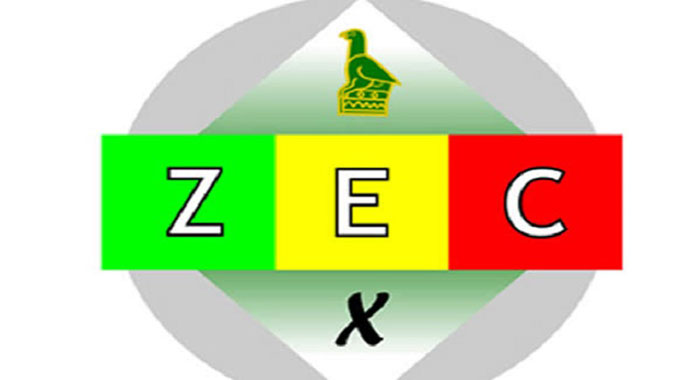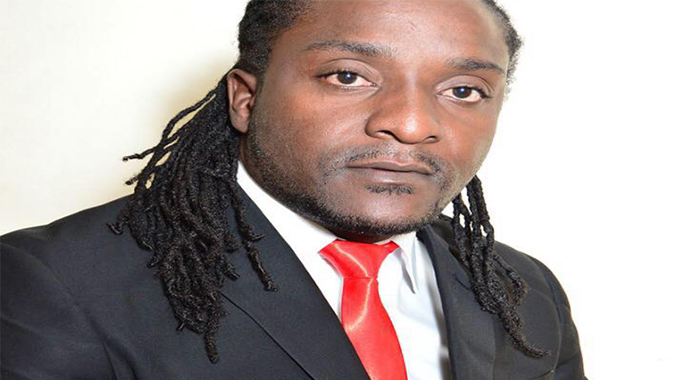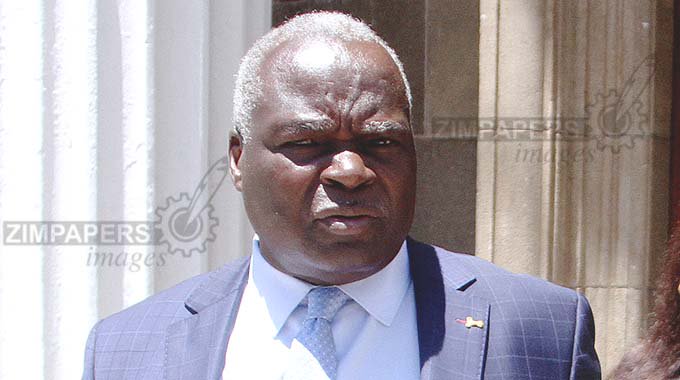Zimbabwe Electoral Commission (Zec) engages political parties

Pamela Shumba, Senior Reporter
THE Zimbabwe Electoral Commission (Zec) in Bulawayo has engaged political parties in its efforts to improve voter registration in the province and avoid losing some constituencies when the commission concludes its delimitation exercise.
This is in preparation for the planned delimitation exercise earmarked for 2022 that will determine the number of wards and constituencies per province.
Delimitation is the process of dividing the country into constituencies and wards for the purpose of electoral boundaries.
In an interview yesterday, district elections officer Mrs Sithembiso Khupe said the commission requested political parties to invite Zec officials when they have meetings so that they discuss voter registration and delimitation issues.
She said Bulawayo had the least registered voters in the country and Zec was concerned over lack of interest in voter registration by people in the city.
“Two weeks ago, we had a meeting with the MDC Alliance and on Friday last week we met Zanu-PF members in our efforts to make sure that we have more registered voters in Bulawayo province. Our aim is to ensure that political parties understand the importance of voter registration.
“Voter registration is an ongoing process. Unfortunately, people are not coming to register to vote. We’re recording zero returns every month. We’re therefore engaging political parties to encourage their members to register to vote,” said Mrs Khupe.
She said Bulawayo has 257 000 registered voters, the lowest in the country, yet it’s expected to have 400 000 when delimitation of boundaries is concluded in 2022.
“Bulawayo might lose constituencies due to the low numbers. Currently the nation has over 5,6 million voters and we have 210 constituencies. When we divide the number of voters in the country by the number of constituencies it gives us 27 000.
“This means that every constituency should have at least 27 000 voters. In Bulawayo six of our constituencies have less than 21 000 voters, meaning they don’t qualify to be constituencies. They will have to be collapsed and we’ll be left with less constituencies,” said Mrs Khupe.
She said the reduction of constituencies is a disadvantage as the province will lose out when it comes to allocation of resources.
“Our resources will go to other constituencies and I’m sure the people of Bulawayo don’t want that to happen. The political parties that we have met so far have promised to work harder and ensure that more of their members register to vote.
“We have written letters to all the political parties and we’ll continue engaging them. We have to work together to make sure that we have more registered voters and we keep our constituencies,” said Mrs Khupe.
Zec recently roped in the Bulawayo City Council to assist in drumming up support among residents on its six-month mobile Biometric Voter Registration (BVR) exercise in the city to boost the number of registered voters.
The last delimitation process was conducted in 2007, shortly before the harmonised elections held in March 2008.
Zec’s new phase of the biometric voter registration programme comes months after a survey carried out by the Zimbabwe Election Support Network (ZESN) warned that Bulawayo, Matabeleland South and North provinces are in danger of losing six constituencies combined in the next delimitation exercise citing few registered voters.
Bulawayo, which currently has 12 constituencies, would most likely end up with 10, the survey found.











Comments